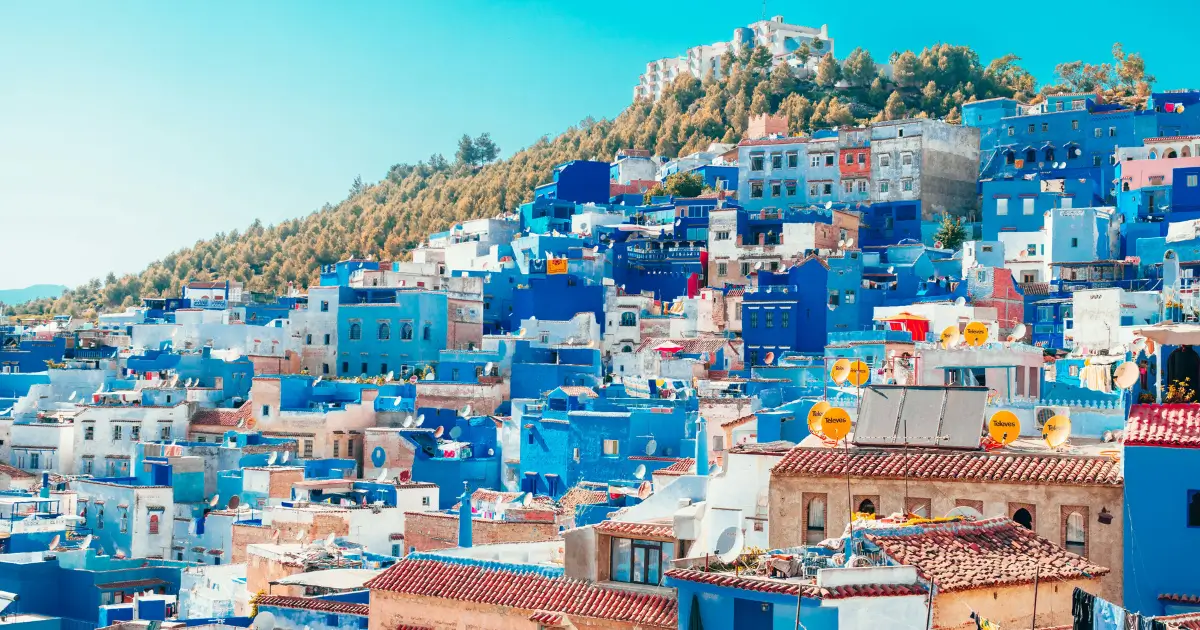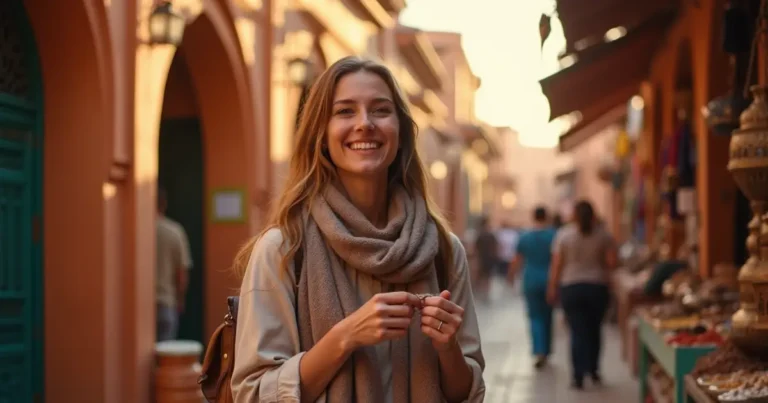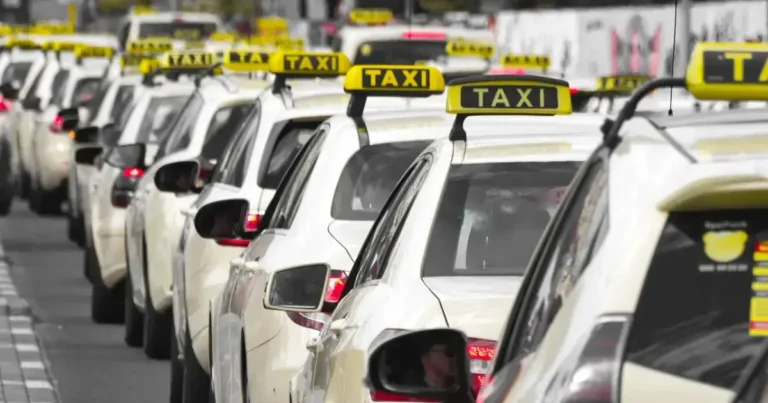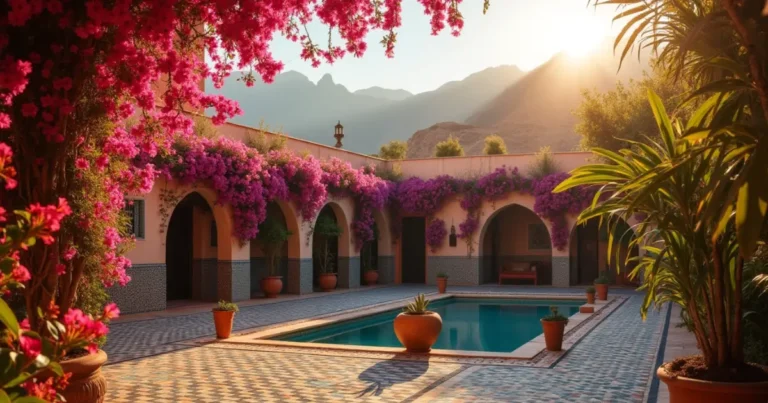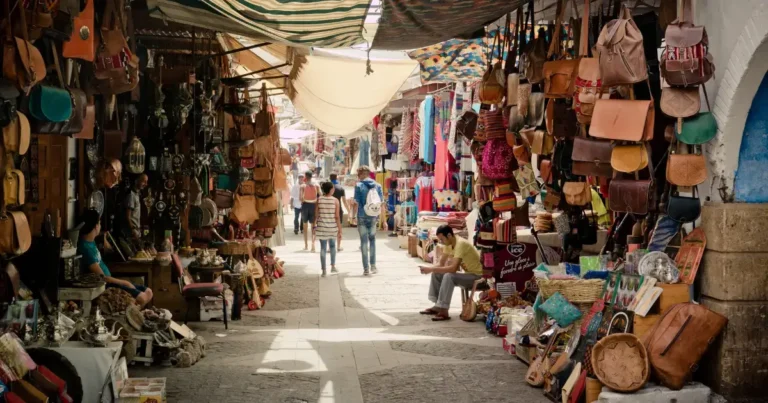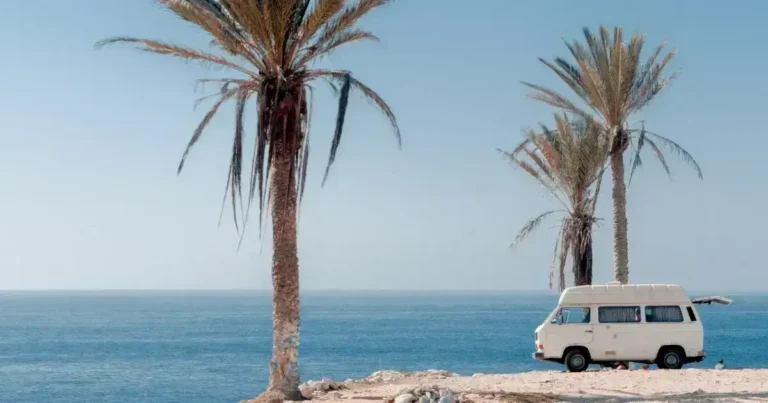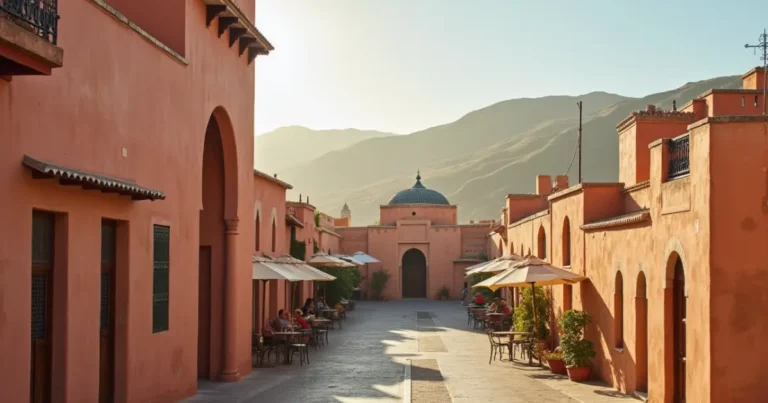Is Morocco Safe to Visit? Your Ultimate 2025 Safety Guide
Introduction
The colorful markets of Marrakech, the blue-washed streets of Chefchaouen, the vast Sahara Desert—Morocco captivates travelers with its exotic landscapes and rich cultural heritage. But behind the allure of this North African gem lies a common concern: is Morocco safe to visit?
Yes, Morocco is generally safe for tourists, though like any destination, it comes with specific considerations. While most travelers experience nothing but warm hospitality, understanding potential risks and taking basic precautions will ensure your Moroccan adventure remains memorable for all the right reasons.
In this comprehensive guide, we’ll explore everything from petty crime and scams to health considerations and transportation safety. We’ll provide practical advice for different types of travelers and specific insights for major cities, empowering you to navigate Morocco confidently and securely.
Current Safety Overview
Last updated: March 2025
Morocco maintains a moderate to good safety rating for international travelers. According to recent government travel advisories, Morocco is considered a Level 2 destination (“Exercise Increased Caution”), placing it on par with many European countries. Global Guardian rates Morocco as having a “moderate” security risk, noting that most tourist experiences are trouble-free.
The Moroccan government places high priority on tourism safety, with increased security presence in popular tourist areas and dedicated tourist police in major cities.
Disclaimer: Safety conditions can change rapidly. While we update this guide regularly, we strongly encourage readers to check the latest travel advisories from their home country’s state department or foreign office before traveling to Morocco.
Key Safety Concerns
Petty Crime & Scams
While violent crime against tourists is rare in Morocco, petty theft and scams are relatively common, particularly in crowded tourist areas.
Common Scams
| Scam Type | Description | How to Avoid |
|---|---|---|
| Fake Guides | Individuals who approach offering unofficial guided tours, often leading to commission shops | Only use licensed guides with official badges |
| “This way” scam | People directing you to a destination but leading you to a shop or demanding payment | Politely decline help or ask shopkeepers/hotel staff for directions |
| Taxi overcharging | Drivers refusing to use meters or claiming higher fixed rates | Agree on price before entering or insist on meter usage |
| Carpet shop tactics | High-pressure sales techniques in rug shops | Set a budget before entering and be firm about your limits |
Prevention Tips:
- Keep valuables secure and out of sight
- Use money belts or hidden pouches for important documents and cash
- Be particularly vigilant in crowded markets, bus stations, and train stations
- Avoid displaying expensive jewelry, cameras, or electronics
- Use ATMs located inside banks during daylight hours
- Stay aware of your surroundings, especially in Fes and Marrakech medinas
Terrorism Risk
Morocco has experienced occasional terrorist incidents, though attacks targeting tourists are extremely rare. The last major incident affecting tourists occurred in December 2018 near Mount Toubkal.
The Moroccan government maintains robust counter-terrorism operations and security forces are visibly present at tourist sites, transportation hubs, and government buildings. The country cooperates extensively with international partners on counter-terrorism efforts.
Safety Measures:
- Remain vigilant in public places and tourist areas
- Follow local news and your embassy’s updates
- Report any suspicious activity to authorities
- Register with your embassy’s traveler program if available
Political Stability
Morocco is politically stable compared to many of its regional neighbors. King Mohammed VI has ruled since 1999, providing continuity in governance. While occasional demonstrations occur, particularly around economic issues, these rarely affect tourists.
If you encounter a protest or demonstration, maintain distance and avoid photography. Even peaceful gatherings can change quickly and may attract security responses.
Health & Safety
Vaccinations
The CDC and WHO recommend the following vaccinations for Morocco:
- Routine vaccines (MMR, diphtheria-tetanus-pertussis, etc.)
- Hepatitis A and B
- Typhoid
- Rabies (for those planning extensive outdoor activities)
Food Safety
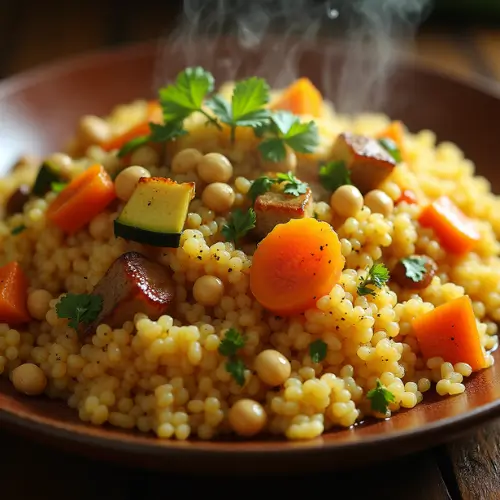

- Eat at establishments with high turnover and good reviews
- Avoid raw vegetables unless thoroughly washed in purified water
- Enjoy street food from busy vendors with clean preparation areas
- Fresh fruit should be peeled before eating
Water Safety
- Drink only bottled water with sealed caps
- Avoid ice in drinks unless in higher-end establishments
- Use bottled water for brushing teeth
- Carry water purification tablets for emergencies
Sun Safety
Morocco’s climate can be extreme, with temperatures regularly exceeding 100°F (38°C) in summer months.
- Apply high SPF sunscreen regularly
- Wear lightweight, loose-fitting clothing that covers arms and legs
- Use a wide-brimmed hat and quality sunglasses
- Plan outdoor activities for early morning or late afternoon
Medical Facilities
Medical care varies widely throughout Morocco. Major cities like Casablanca, Rabat, and Marrakech have private clinics with adequate care for most conditions, while rural areas have limited facilities.
- Purchase comprehensive travel insurance including emergency evacuation
- Bring prescription medications in original containers with doctor’s notes
- Know your blood type and any allergies in French if possible
- Locate the nearest quality medical facility upon arrival in a new city
Safety for Women Travelers
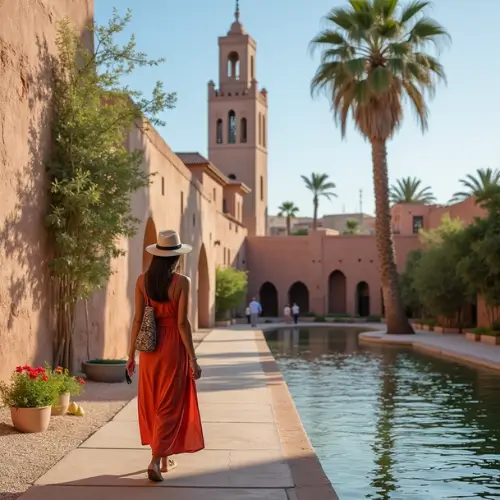
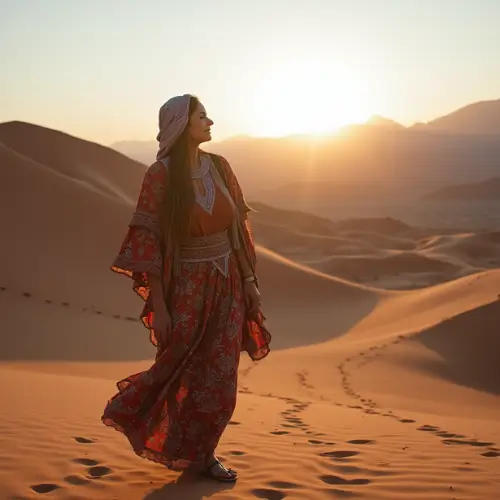
Female travelers face additional considerations in Morocco, though thousands visit successfully each year. Harassment typically takes the form of persistent attention or catcalling rather than physical threats.
Cultural Considerations:
- Dress modestly to respect local customs (covered shoulders and knees, loose-fitting clothing)
- Wear sunglasses to avoid unwanted eye contact
- Consider wearing a wedding ring regardless of marital status
- Be aware that smoking or drinking alcohol publicly by women may attract unwanted attention
Safety Tips:
- Walk purposefully and confidently
- Consider hiring guides for solo exploration of medinas
- Use reputable transportation rather than walking alone at night
- Stay in women-friendly accommodations with positive reviews from female travelers
- Firmly say “La, shukran” (No, thank you) to unwanted attention
Family Travel Safety
Morocco can be a fascinating destination for families, offering cultural experiences that children will remember for a lifetime.
Child-Specific Concerns:
- Guard against dehydration and heat exhaustion
- Pack basic medical supplies including children’s medications
- Watch for uneven surfaces in medinas and ancient sites
- Be vigilant about food safety to prevent stomach upset
- Prepare children for cultural differences they may encounter
Family-Friendly Activities:
- Camel rides in the desert (with reputable operators)
- Guided tours of less-crowded sections of medinas
- Interactive cooking classes
- Gardens and parks in major cities
- Beach resorts in Agadir or Essaouira
Transportation Safety
Taxis
- Petit taxis (small, city-specific) should use meters; agree on fare before entering if meter unavailable
- Grand taxis (larger, intercity) have fixed rates; confirm price before departure
- Use taxi apps like Heetch in major cities when possible
- Note the taxi number before entering
Public Transportation
- Trains are generally safe and comfortable for intercity travel
- Buses vary in quality; CTM and Supratours offer reliable service
- Avoid overcrowded local buses when possible
- Keep luggage secure and within sight
Driving
- Road conditions vary dramatically between urban and rural areas
- Driving styles can be aggressive and unpredictable
- Avoid driving at night, especially on rural roads
- Consider hiring a driver rather than self-driving
Natural Disasters
Earthquakes
Morocco lies in a seismically active region. A major earthquake struck near Al Haouz in September 2023, causing significant damage and casualties.
- Familiarize yourself with earthquake safety procedures
- Know the evacuation routes from your accommodation
- Keep a small emergency kit with essentials if staying in earthquake-prone regions
Flooding
Flash floods can occur in valleys and desert regions, particularly during winter months.
- Check weather forecasts during rainy seasons
- Avoid dry riverbeds during and after rainfall
- Follow local authorities’ guidance during severe weather
Practical Safety Tips
Emergency Contacts
- Police: 190
- Ambulance: 150
- Fire Department: 150
- Tourist Police (in major cities): 19
- Your Country’s Embassy (maintain this information offline)
Travel Insurance
Comprehensive travel insurance is essential for Morocco. Ensure your policy covers:
- Emergency medical treatment and evacuation
- Trip cancellation and interruption
- Lost or stolen belongings
- Adventure activities if applicable
Local Customs & Laws
- Respect Ramadan observances if traveling during this month
- Public displays of affection are frowned upon
- Dress modestly, especially when visiting religious sites
- Photography permissions vary; always ask before photographing people
- Possession of drugs carries severe penalties
- Same-sex relationships are legally prohibited (though tourists are rarely targeted)
Essential Phrases
Learning a few basic Arabic or French phrases can enhance your safety and experience:
- “La, shukran” (No, thank you)
- “Meen fadlak, safi” (Please stop/enough)
- “Ayna…?” (Where is…?)
- “Beshal?” (How much?)
- “Msa’ada” (Help)
Stay Connected
- Purchase a local SIM card (requires passport identification)
- Consider a portable Wi-Fi device for multiple devices
- Download useful apps like Maps.me, Google Translate, and XE Currency
- Share your itinerary with trusted contacts at home
Regional Safety
Northern and central Morocco are generally considered the safest regions for travelers. Exercise additional caution in:
- Border regions near Algeria and Western Sahara
- Remote mountain areas without established tourism infrastructure
- Certain urban neighborhoods outside tourist zones, especially at night
City-Specific Safety Information
Marrakech
Marrakech is generally safe but requires awareness, particularly in Jemaa el-Fnaa square and the medina.
- Watch for motorbikes speeding through narrow medina alleys
- Be firm with persistent vendors and guides
- Avoid the less touristed areas north of the medina at night
- Use designated taxi stands rather than hailing from streets
Fes
The ancient medina of Fes is a labyrinthine maze where it’s easy to get lost.
- Consider hiring an official guide, at least initially
- Be cautious of “helpful” locals offering directions
- Stick to well-lit, busier pathways after dark
- The newer Ville Nouvelle area offers more straightforward navigation
Casablanca
Morocco’s largest city has higher crime rates than other tourist destinations.
- Exercise caution in the medina and around the port area
- Secure valuables when visiting the Hassan II Mosque
- Use official taxis, especially at night
- The Ain Diab corniche area is generally safe and well-patrolled
Chefchaouen
This blue city is among Morocco’s safest destinations, with a relaxed atmosphere.
- Standard precautions against pickpocketing suffice
- Solo female travelers often report comfortable experiences here
- The surrounding Rif Mountains require trekking preparation and guides
Conclusion
Is Morocco safe to visit? Yes, Morocco remains a generally safe destination for informed travelers who take reasonable precautions. The overwhelming majority of tourists experience nothing but warm hospitality and cultural richness.
The key to safety in Morocco lies in awareness, preparation, and cultural sensitivity. By understanding potential risks and implementing the precautions outlined in this guide, you can minimize concerns and focus on what matters—experiencing the breathtaking landscapes, ancient traditions, and renowned hospitality that make Morocco an unforgettable destination.
Before traveling, consult your government’s latest travel advisories, purchase comprehensive travel insurance, and stay informed about regional developments. With proper preparation, your Moroccan journey will likely become a highlight of your travel experiences.
Have you visited Morocco recently? Share your safety tips or questions in the comments below!
Looking for more Morocco travel advice? Check out our guides to Moroccan Destinations, Moroccan Culture, and Morocco Travel Tips.
This article is regularly updated to maintain accuracy. Last updated: March, 2025.

